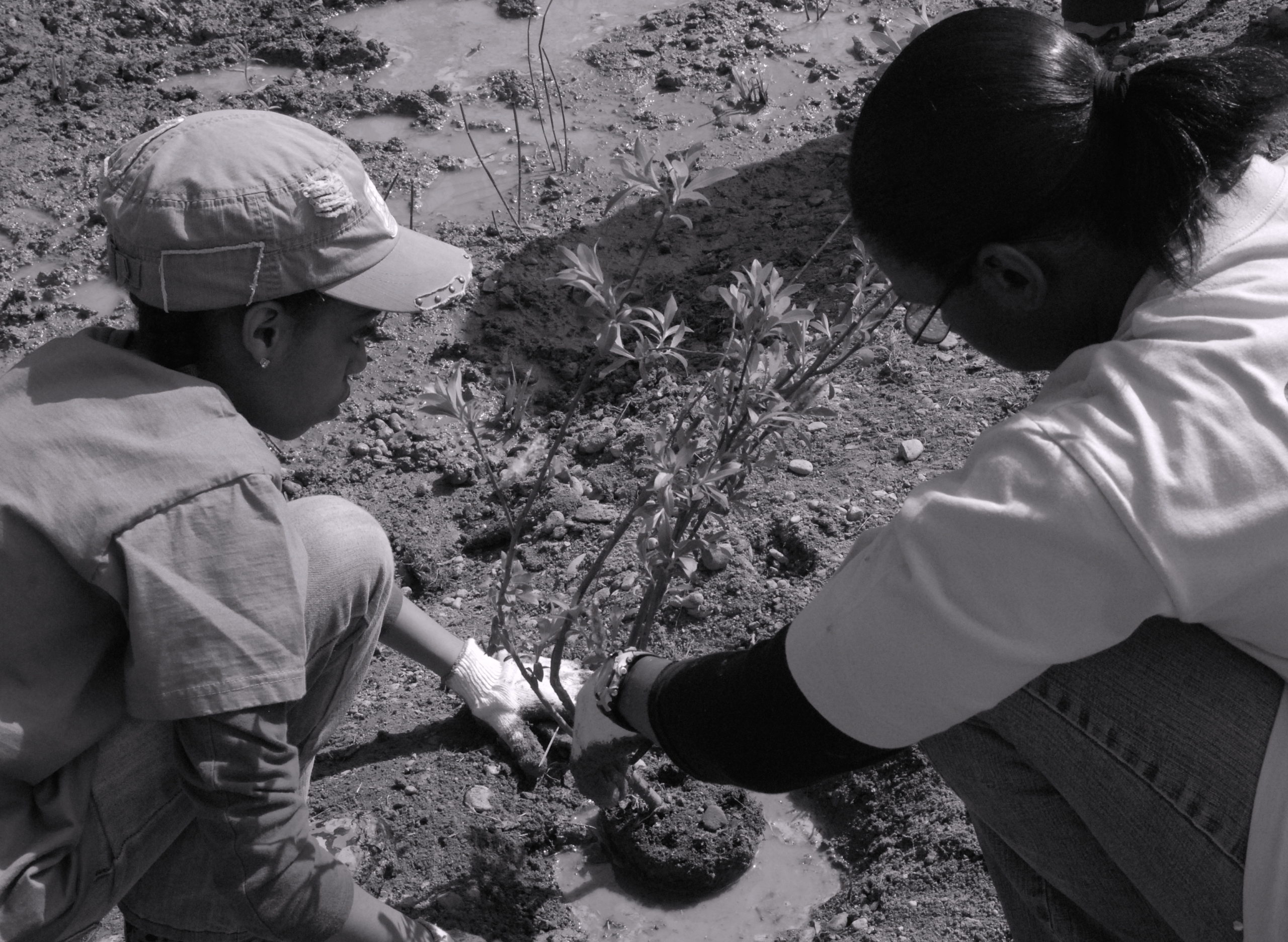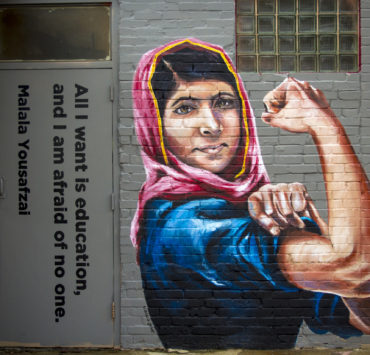
The language of sustainability is familiar to us even if the word feels foreign. Beneath a honeybee hive near my office window, Toni and I swapped recycled sayings ingrained by our grannies: “Rooter to the tooter” and “waste not, want not.” Our grandmothers might have used the sayings to guilt us to eat everything, but they also dished them to disseminate everyday knowledge about the world. Stuff is limited. Toni and I did not grow up dirt-poor or thing-rich, but we continued to carry the cultural memory of dispossession or not-having. Rather than seeing our southern, somewhat rural upbringing as backward or lacking, we recognized our grandmothers’ responses to not-having were actually forms of creative productions. Quilting. Canning. Pickling. They demonstrated how we could make do. We could even make the ordinariness of our Black girl lives beautiful and meaningful. I see this each time I read the personal narratives of Alice Walker and bell hooks. They retell stories of Black girlhood to make sense of womanism and feminism.
These days white folks forage for kale and collards like race records at black markets, overpay for new old-looking jelly jars to country life, and bus to work with those of us who need mass transit to travel. The maintenance of a healthy body and environment has become buyable things tied to whiteness. Living organically seems separate from the resourceful practices we performed as Black girls bartering goods, guzzling well water, planting greens, and giving stuff a second life before trashing it.
In work and word, Toni sees sustainability most vividly in our daughters’ gardens today. In a city plot in Tampa, she teaches Black girls about healthy living. Like the Black women before us, Toni tells them that sustainability has as much to do with sowing seeds in chemically-free soil as maintaining a healthy self-image in a society that sees Black girls as social problems. That is, if Black girls are seen at all. (If First Lady Michelle Obama sought to privilege the experiences of Black girls to address all children in her garden-and-exercise campaigns to promote a healthy lifestyle, her husband would repeatedly ignore Black girls with the “My Brother’s Keeper” initiative.) In the Tampa garden, Black girls are seen as problem solvers. Working together, they make a direct impact in our community by managing the garden and donating the surplus harvest to shelters that feed homeless families. “They sell some, they give some away, and they take some home. And, they’re doing this organically,” Toni said. “Because we have a large community of poor people, these activities in some way add up to a significant contribution in our effort as a nation to live in a sustainable way.” This reason alone should be enough for us to keep watch of our Black girls. We should tend to them not because of what we fear they might do wrong, but because of the life-giving and life-affirming things they are doing right (now). Black girls are making do. To see what we’ve planted, we need only to turn to our daughters. Toni and I will tell you: Our root is strong.
Toni Powell-Young is a doctoral candidate in communication at the University of South Florida and a former organizational communication consultant.
Aisha S. Durham is an associate professor in communication at the University of South Florida and the author of Home with Hip Hop Feminism: Performances in Communication and Culture.
Image Credits: USAG- Humphreys

Aisha Durham is a cultural studies scholar. Durham uses auto/ethnography, performance writing, and intersectional approaches honed in Black feminist cultural criticism to analyze representations of Black womanhood in hip hop media. Recent work on Black womanhood is featured in her new book, Home with Hip Hop Feminism: Performances in Communication and Culture. This book extends earlier discussions about hip hop culture, media representations, and the body in her co-edited volumes, Home Girls Make Some!: Hip Hop Feminism Anthology and Globalizing Cultural Studies: Ethnographic Interventions in Theory, Method & Policy. Durham’s cultural criticism has been featured in popular news media and sites, such as The New Yorker, Haaretz, Crunk Feminist Collective, NewBlackMan, and Ms. Magazine.






